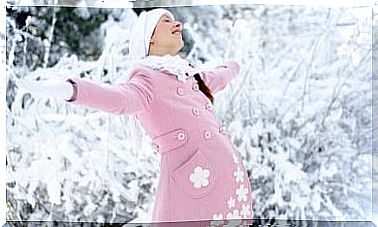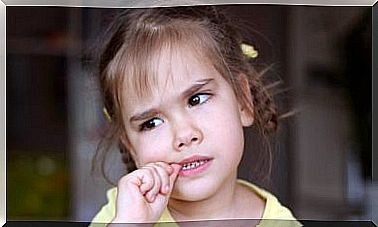Ecopedagogy: Educating In The Open Air
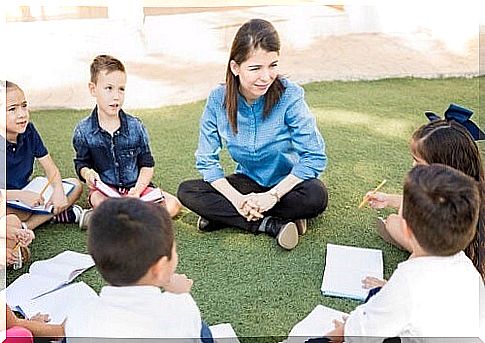
The world is changing very fast, no one can question it. The new generations spend more and more time away indoors, away from nature, risking losing contact with what is the external environment. This is why, even at the educational level, it is necessary to resort to new models. Like ecopedagogy, or education in the open air.
This is a ninth “conventional” teaching method, in which teachers and pupils leave the traditional classrooms to learn and study with the sky as a roof. If you have never heard of ecopedagogy but are interested in knowing it better, read on.
What is ecopedagogy?
Until recently, when we thought of teaching, we imagined a classic dark classroom, with several desks arranged in straight lines in front of a desk, with the classic blackboard to the side. Today this stereotype is largely maintained, with some changes suggested by new technologies and modern studies in the pedagogical field. However, more and more schools are opting for outdoor education and the model of ecopedagogy is gaining ground in several countries.
Basically, it is a concept where nature and caring for the environment are a very important part of teaching. Furthermore, in this type of education children are encouraged to be more creative, they can breathe fresh air and play sports: almost without realizing it.
Ecopedagogy can be carried out in a park, in the school yard, in a garden, on the beach, in a house surrounded by greenery, in the woods, in the mountains … In short, there are really many alternatives.
This model may seem like something new to us in Italy. But the fact is that in countries like Germany, Norway, Finland and Sweden it is already a consolidated reality, it certainly must make our administrators think.
Why educate outdoors?
The main goal of this method is that children are in full contact with nature from an early age, even if they live in a big city.
This relationship with the environment allows a better physical and mental development of children, who are stimulated by what they see around them, without limiting or influencing their “traditional” learning. That is, the one related to subjects such as mathematics, grammar, history, etc.
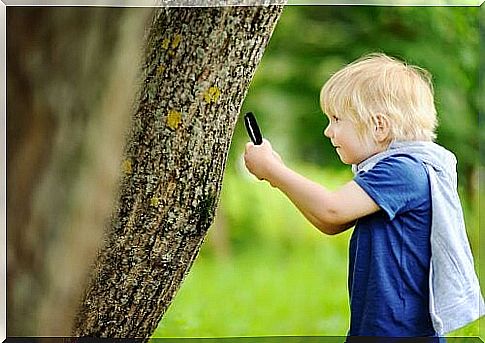
Ecopedagogy does not neglect traditional subjects and curricula. Alongside them, however, it allows you to create space for other themes. Like creativity, self-esteem, autonomy, teamwork, self-confidence, respect and protection of natural resources.
How outdoor education works
It is certain that children living in large cities have a “deficit” in terms of contact with nature. This makes them very dependent on technology and screens, greatly reducing not only the awareness of the environment and nature but also interpersonal relationships.
Therefore, outdoor education is a great way to allow them to get in touch with the environment, and most importantly, it offers larger spaces to interact.
Some children, when they spend time in contact with nature, for example in summer villages, return to the city completely changed and for the better. Ecopedagogy must therefore be seen as an opportunity to make education more complete. As children, our children need more space to move around at their leisure, to explore and learn. As you can see, this type of education brings with it a large number of benefits.
A lesson in ecopedagogy
The premise of these outdoor schools is that “nature is the classroom” and, in fact, much of the school day is spent outdoors. Young pupils can have fun creating a garden, have lunch in the shade of a large tree, observe insects, do bird watching, learn the basics of agriculture and livestock, as well as play various outdoor sports.
Likewise, there are also classrooms with roofs and walls where other activities take place or which allow you to continue studying on cold days, when it rains, snows or even if it is too hot.
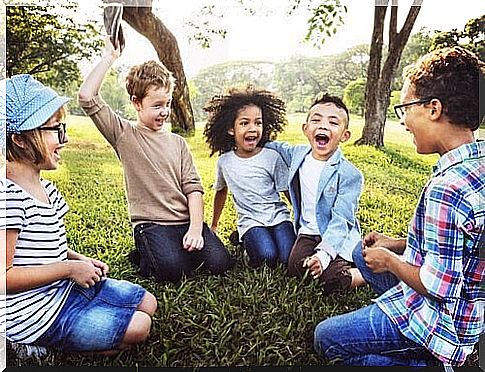
If you want to enroll your children in a school that offers outdoor education, but are not sure if it is suitable for them, we recommend that you take the time to visit that facility. In this way you will be able to touch all aspects of these schools that are dedicated to ecopedagogy.
The classes are made up of small groups of children – no more than 25 – and of different ages. Here, they learn several subjects that are completely linked together. This means that there are not only math lessons, biology or literature lessons, but they learn as a whole, combining the various concepts.
Of course, there is also plenty of free time to play, hike, learn languages, music, art and everything that children need to develop their intellect. In short, outdoor schools are a very comprehensive and increasingly popular alternative around the world.



